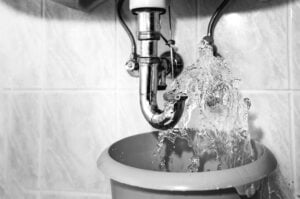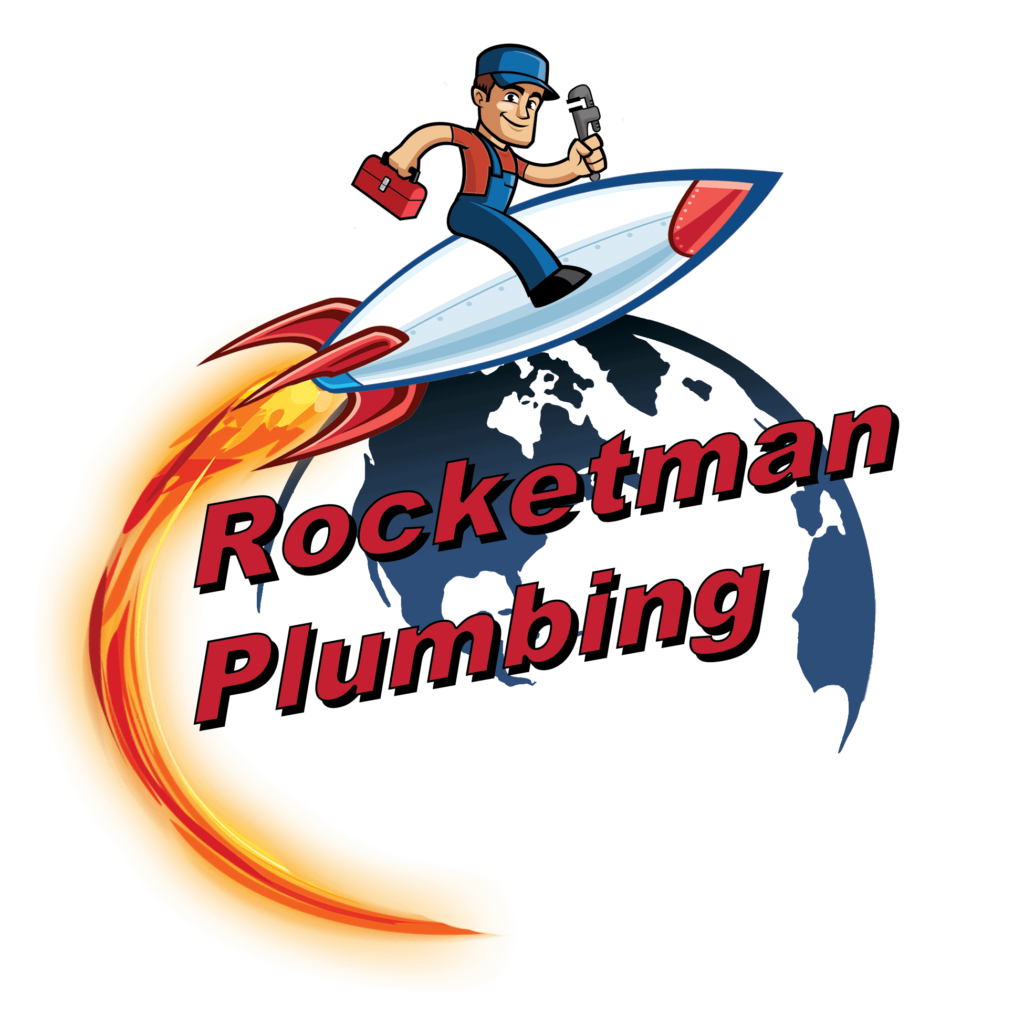
What you do in the first few minutes of a plumbing emergency can make all the difference between a minor inconvenience and major damage. What you want to do first is stabilize the situation and minimize damage. Therefore, take the following steps as soon as you realize that there’s a plumbing emergency.
- Stay Calm and Then Take Actions to Ensure Safety: It’s easy to panic when water is flooding somewhere that it shouldn’t. Take a deep breath and assess the situation safely. If there’s standing water near electrical outlets or appliances, get out of the area and turn off power to the affected zone from your breaker box if you can safely do so. Water and electricity are a highly dangerous mix.
- Shut Off the Water Supply: The single most important thing you can do in almost any plumbing emergency is to stop the flow of water. Every homeowner should know where their main water shutoff valve is located. It’s usually in the basement, crawl space, garage, or near where the water line enters your home. Turn the valve clockwise to shut it off. For smaller, localized issues (like a leaking toilet, appliance or faucet), find the individual shutoff valves under the sink or behind the toilet and close those. Dishwashers and water heaters also have shutoff valves and you should locate those before you need them.
- Drain the Remaining Water in Your Plumbing System: Once the main valve is shut off, open faucets throughout your home to help relieve pressure in the pipes and empty them of remaining water. This can help minimize the damage from a leaky pipe. If a pipe has burst or a water heater is leaking, opening faucets will also help redirect water away from the leak.
- Control the Damage Done by a Leak: Do what you can to contain the water and limit further damage. Grab towels, buckets, or anything absorbent to soak up water. If the leak is active, place a bucket or pan underneath it to catch the drips. In some cases, wrapping a pipe with rubber or duct tape can temporarily reduce the flow until a plumber can repair it.
- Turn Off the Water Heater: In the event of a major leak or if you shut off your main water supply, it’s a good idea to also turn off your water heater. If it continues heating without fresh water in the tank, it could overheat or even become damaged. For electric water heaters, turn off the electricity at the breaker. For gas units, turn the thermostat to the “pilot” setting or shut off the gas supply if necessary.
- Call a Licensed Plumber!: Hopefully, there’s a plumber you already have a relationship with. Describe the problem clearly so the technicians can arrive with the right tools and parts to get your home back to normal as quickly as possible. Stay available so you can answer questions as needed.
- Document the Damage: While you’re waiting for the plumber, start taking photos or videos of the damage. This documentation can be important if you are going to file a homeowners’ insurance claim. Take notes on the time the leak started (or was discovered) and what was done to minimize the damage.
Stay Calm and Follow These Steps!
It would be a good idea to print this list out and keep it somewhere handy. Then, if you ever do have a plumbing emergency, knowing what to do can help you make your first critical decisions correctly.
It’s also important that you prepare for emergencies beforehand. Know where your shutoff valves are (all of them!) and how to find the right switches on your circuit breaker. Homeowners who act quickly and safely are always in better shape than those who don’t know where their shutoff valves are or wait too long to call. That’s the right way to minimize damage to your home.
I also recommend annual inspections of your plumbing system, water heater and water-using appliances so you can avoid water disasters. Call Rocketman Plumbing in Albuquerque for skilled and courteous inspections, repairs or installations!
